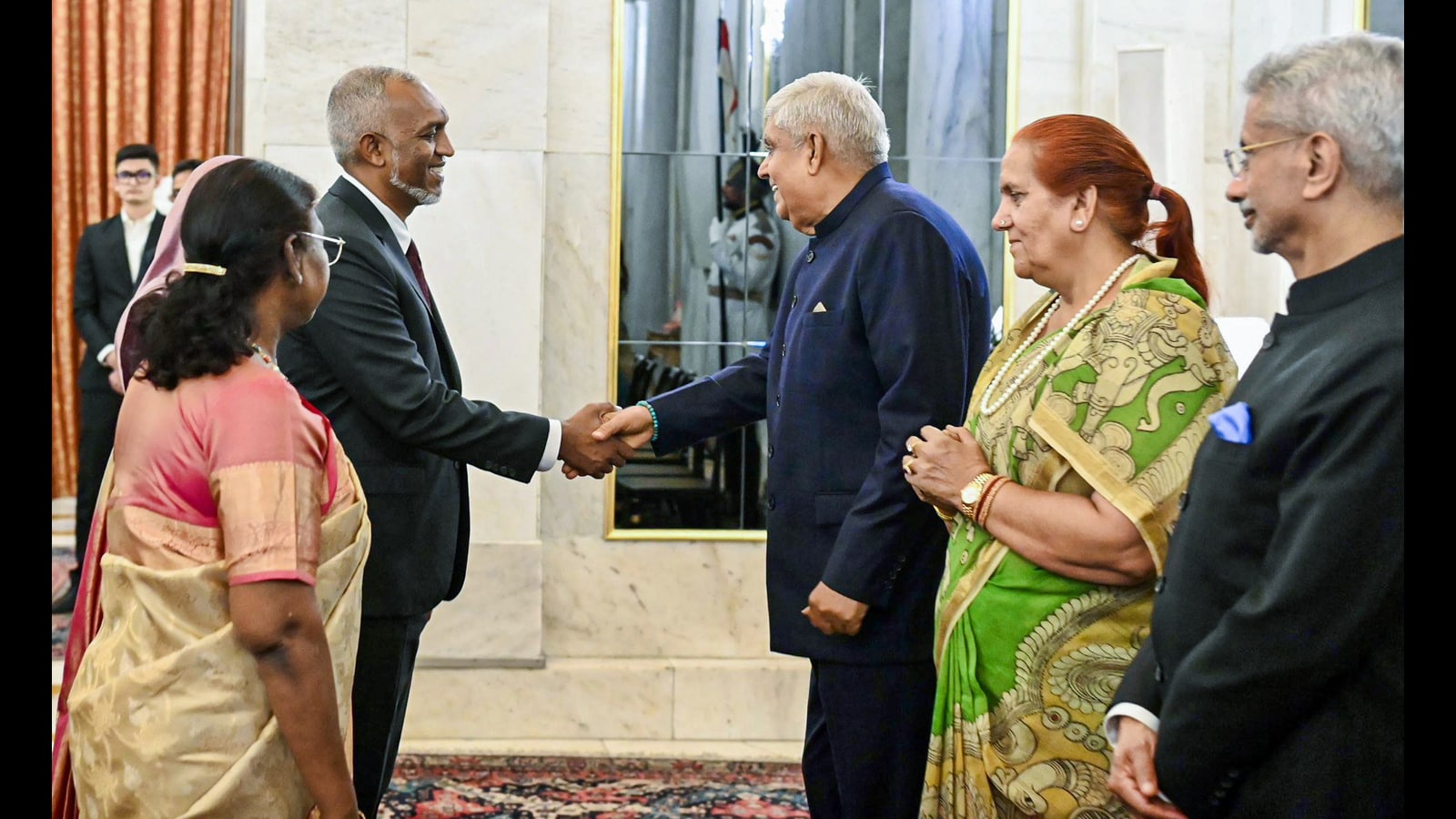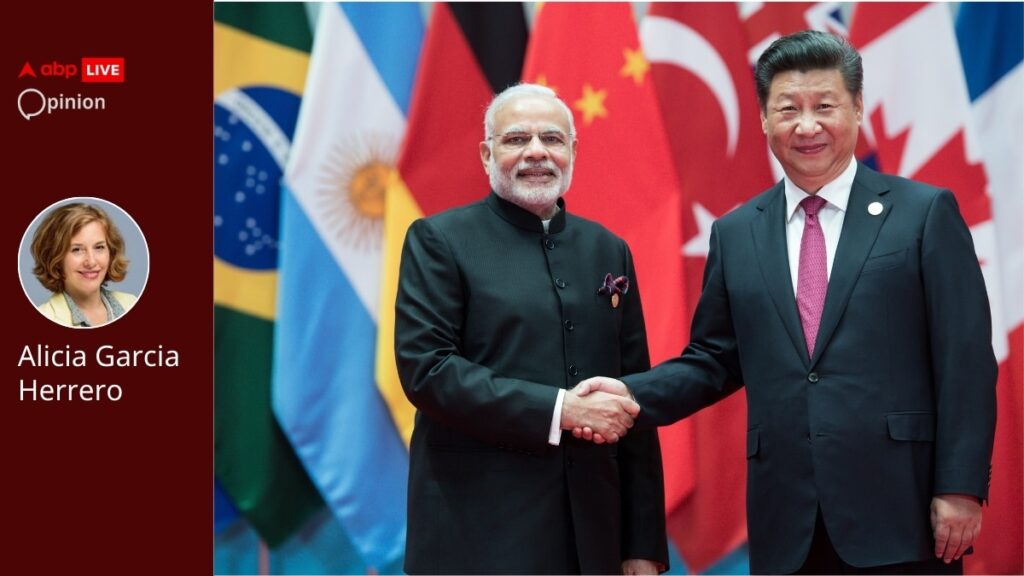India’s approach to China has increasingly been defined by pragmatism, reflecting a shift in New Delhi’s strategy as it navigates the complex and evolving bilateral relationship. While tensions, particularly along the disputed border, remain high, India has emphasized a balanced and measured response to China’s rise as a global power.

Source:- bbc news
At the heart of India’s China policy is the recognition of the need for both competition and cooperation. While border disputes continue to strain relations, India has shown a willingness to engage with China diplomatically, particularly in multilateral forums such as the Shanghai Cooperation Organization (SCO) and the BRICS grouping. New Delhi continues to stress the importance of dialogue to resolve outstanding issues while ensuring national security and territorial integrity.
Source:- news 18
Economically, India remains cautious in its dealings with China. Despite China being one of India’s largest trading partners, concerns over trade imbalances, investment security, and technology transfers have led to increasing scrutiny of Chinese investments in critical sectors. The government has introduced measures to regulate Chinese investments more tightly, signaling a more cautious economic engagement.
India has also sought to build stronger ties with other global powers, including the United States, Japan, and Australia, as part of the Quad framework. This strategic partnership is seen as a counterbalance to China’s growing influence in the Indo-Pacific region.
Under Prime Minister Narendra Modi, India’s policy toward China is characterized by a pragmatic mix of economic engagement, strategic defense, and diplomatic dialogue. The focus is on safeguarding India’s interests while maintaining a cautious but firm stance on territorial disputes. This approach reflects New Delhi’s broader foreign policy goal of balancing competing priorities in a complex geopolitical landscape.
Share your views in the comments

